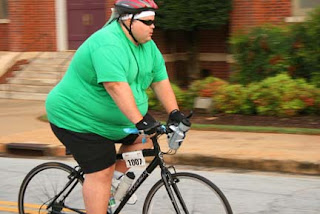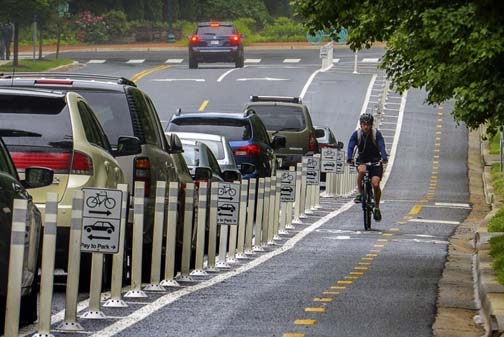Cyclists over 60. Fastest growth of any Demographic

By Mark Cramer, retiree, cycling advocate, regular contributor to Freewheeling France 22 percent of the net growth in U.S. bike trips from 1995-2009 is by people ages 60-79. Their biking quadrupled in those 14 years, the fastest growth of any demographic. During the past 17 years I’ve been cycling on a regular basis. As I’ve aged (I’m 72 now), I have observed an increasing population of senior cyclers around me, especially in France, my home base. Recently in Paris I presented a slide show on Cycling in Bolivia. The canyon city of La Paz, Bolivia, where I live for six weeks each year, is 12,000 feet above sea level, has no bike lanes and if you find a rare flat street, it’s never going where you need it to. Given the challenge of cycling in an area with sometimes many thousand foot variations in altitude, I expected a younger crowd to attend the presentation. Instead, the audience was comprised mainly of seniors. Mingling with them I learned that their retireme...






